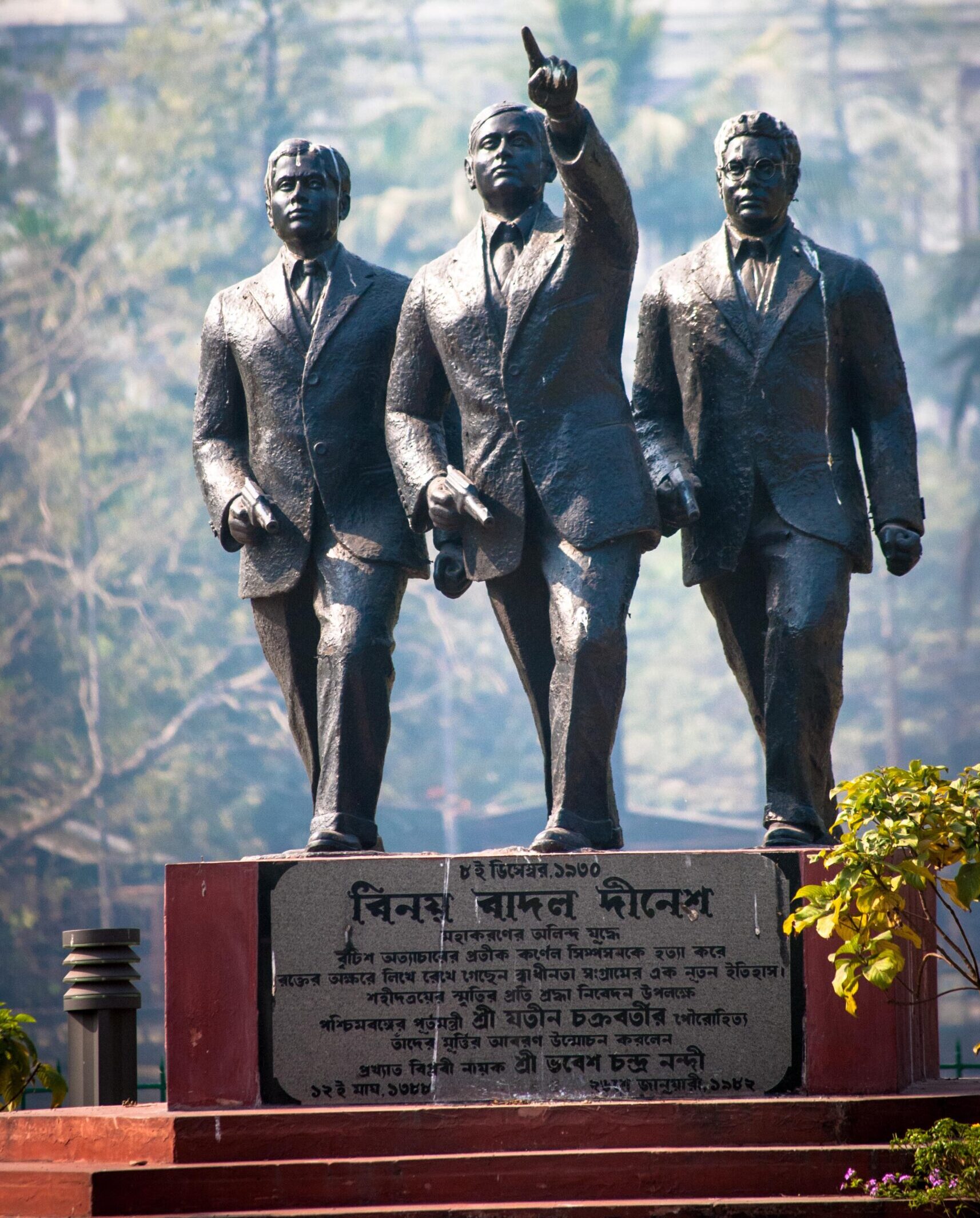Writing letters of recommendation is one of the most important acts of mentorship that we offer younger scholars, especially in the final stages of graduate school and the early years of their careers. Every year I write many such letters, and I frequently read quite a few when I serve on search and fellowship committees. I often think about the hours of work spent in the creation of these letters and how quickly they are consumed on the other end, sandwiched between terrifying mounds of paper all trying to persuade me to hire or fund this person or that.
I am always highly appreciative of the dedication of many colleagues, who write careful, detailed accounts of the work of every advisee. At the same time, I am occasionally dismayed at the smaller but not insignificant number of people who seem to think that the most important thing they did was to say “yes” to the request for a letter. Whether they wrote it or not, whether it actually was helpful in the assessment process, is sometimes beside the point. Fortunately, the majority of letter writers rise to the occasion because they know how crucial it is, but we have all seen files that suffered because of this kind of inattention.
My first advice goes to the historians seeking letters. Ask people who know your work well. Give them adequate time to write and the material to write in detail. Don’t always ask the most well-known person in your field—who will often be writing dozens of letters for that job or fellowship—unless you feel he or she is really one of the people who can offer the best assessment. It is better to have a great letter from a less famous but well-respected scholar than a mediocre (or absent) letter from a luminary. When putting together a portfolio of letters, think about who knows your teaching as well as your research. Each letter need not address both but, taken together, they should convey the range of your abilities and interests.
Writing a letter of recommendation is an art form. A good letter should be detailed enough to indicate your specific knowledge and assessment of this person’s work. It should also reflect your knowledge of the field in general, helping readers (who often are not specialists) to understand how this definitive archival exploration of subject X or Y fits into both classic perspectives and current trends in the area of historical inquiry. What is this historian trying to accomplish? How is he or she doing it? What are the prospective outcomes of this work? If they aren’t yet done with the dissertation, how much is written, and realistically when can the rest be completed?
Having begun with research, I will remind readers that even research universities hire the most promising teachers. If this person has worked with you as a teaching assistant or you have collaborated closely on other teaching projects, I want your impressions of their teaching abilities and interactions with undergraduates. Have they taught broadly and at different levels? Can they think beyond their research and transform it into an exciting set of special topics to complement broader surveys?
Finally, I want your impression of the kind of colleague this person will make. You know the applicant far better than I do. Without being inappropriately personal, I would like to hear your thoughts about what they can offer my department or residential fellowship program.
Having offered an outline of the ingredients of a good letter that should surprise no one, I want to conclude with some observations on whatnot to do. Virtually no letters are negative these days. One unfortunate result of the emphasis on positive letter writing has been the tendency to describe each advisee as the best one you ever had. If this person truly is the best, do say so—keeping in mind, however, that there is a much broader pool of talented applicants you don’t know who will be the real point of comparison. If this person is one of the best or near the top, this is also worth hearing (if you have written for enough people to make a meaningful comparison). Otherwise, avoid unnecessary superlatives as well as the reverse: unfavorable comparisons with other applicants you’re recommending. If you write carefully about each one, we’ll figure out what you think of their strengths and weaknesses. Be fair and kind but also honest. Historians, after all, do have memories. I’m sure I’m not the only person who recalls the letter writers whose advisees are all brilliant and number one—and therefore takes their letters far less seriously, especially when they don’t quite match our impressions of the files themselves. After all, being “brilliant” is actually not a requirement for employment or necessarily a reliable measure of accomplishment.
I also think that letters written on a generic template serve no significant purpose at this level of scrutiny. If your letter doesn’t offer some insight into the quality of a person’s teaching and scholarship, then it really isn’t helpful. Your job as a letter writer is to give a committee the benefit of your expertise and perspective, at times even to articulate the possibilities of a project that the author may not fully see yet himself or herself as well as suggesting the limits of this kind of work since no scholarship addresses all of its potential readers. In other words, the more your letter engages directly with a candidate’s work, the more informative it will be.
Finally, I want to make a plea to those colleagues who are swamped with too many other commitments to be honest about this when people ask for a letter, rather than writing a terse and ineffective letter or simply ignoring the deadline in the hope that others will fill the void. I have a mental limit about how many tenure and promotion letters I can reasonably do in one year because I know how much time it takes to do them well (having a two-year old has greatly clarified this boundary!). This is much harder to do with advisees, however, since they have fewer possibilities outside of their dissertation committee. They rely on us for support at these critical stages in their careers, which returns me to my basic point: writing a good letter of recommendation is a mutual project between the recommender and applicant. We cannot do a good job without good material to write from, and the time in which to do it.
Finally, a word of advice to applicants for jobs: a good letter will not get you the job or fellowship because that ultimately is a product of your own hard work and the serendipity of the application process. But it can assist you by reinforcing the best qualities of your application materials. Choose your recommenders well and you should be confident that they are giving you the support you need.
Paula Findlen is professor of history at Stanford University.


